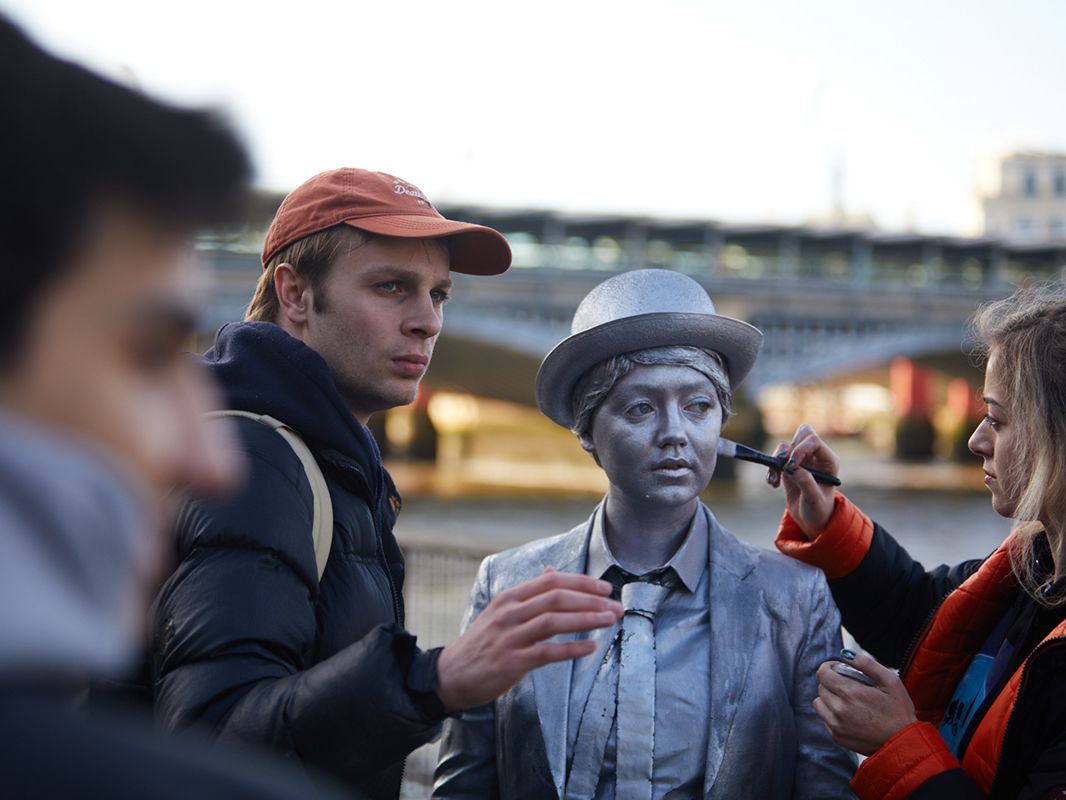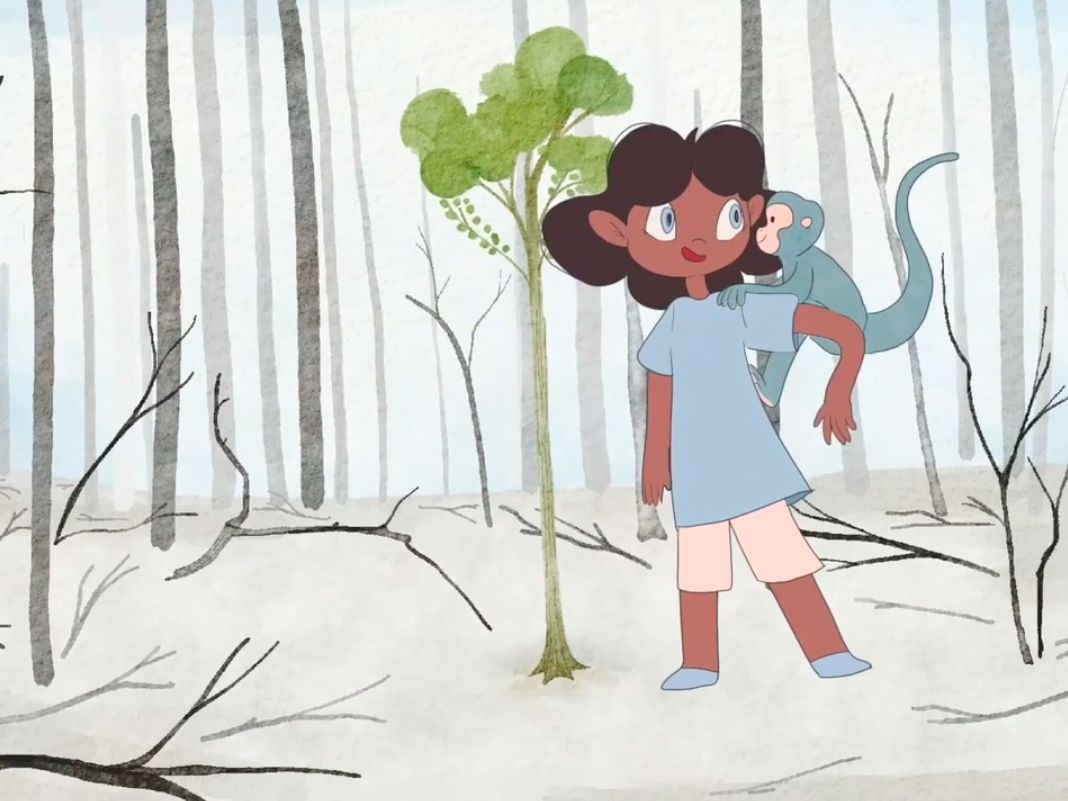
BA (Hons) Games Art explained with Ryan Smith
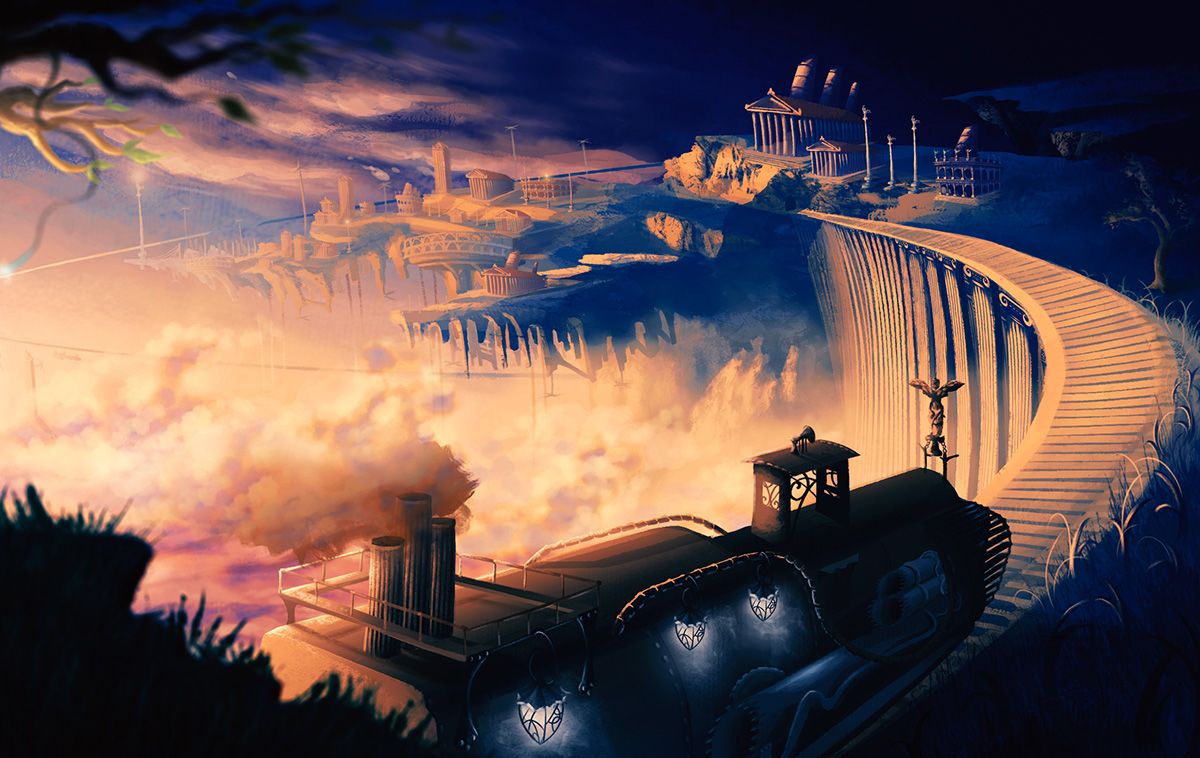
- Written byChloe Murphy
- Published date 07 February 2022

As one of the fastest growing global industries, gaming has a significant influence on our everyday lives - driving developments in technology while shaping the ways in which we tell stories, design characters and create rich digital worlds.
If you're interested in building a future career across gaming and beyond, the new BA (Hons) Games Art course at London College of Communication (LCC) can offer you the tools and experience you need to unleash your creative potential.
Evolving from a former pathway on BA (Hons) Animation, Games Art focuses on exploring the look and feel of original characters, levels, pathways and environments. Taught by expert tutors with industry experience, you'll learn drawing and design techniques that will inform every aspect of your subject knowledge across areas ranging from colour theory to concept and character design.
As an LCC student, you'll have access to specialist software and cutting-edge facilities like motion capture labs and green screen studios, where teams of technicians will help you to create unique and exciting work. You'll also develop your personal portfolio, professional experience and collaboration skills through opportunities to work on live industry briefs and with other students across LCC’s Screen School.
We caught up with one of the academics involved the development of BA (Hons) Games Art, Ryan Smith, to discuss his own experience in the screen industries, the kinds of opportunities that you can expect to explore on the course, and how studying at LCC can support you to develop your own individual creative practice.

Tell us about your creative journey so far: as a practitioner, what are you passionate about exploring?
From a very young age, I was always interested in games, animation and art. Fast-forward many years and my drive for creativity was still thriving, which led to me studying for a Diploma in Interactive Digital Multimedia at college before gaining my BA (Hons) degree in Creative Games Design and my Master’s in Animation.
After university, I knew that I wanted to get into the creative industries, and I’ve been lucky enough to work all over the world in places ranging from Beijing to London, and across various sectors like TV, animation and architecture. I’ve also always been hungry to know more about the industry and its software, so I’ve taken many different creative courses to make sure that I stay up-to-date with the latest techniques and tools.
Working in so many different roles and having the opportunity to learn about so many different things has provided me with collaboration skills and a thirst for continuous creativity and knowledge: 2 areas that are highly important to me, and qualities I also hope to instil within my students.
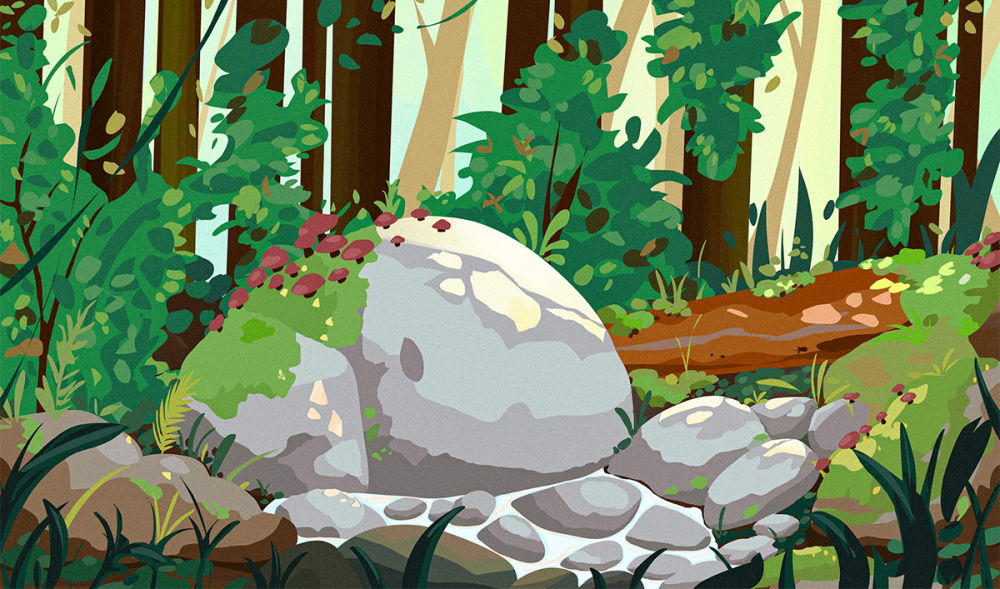
Where did the idea of offering a BA in Games Art at LCC come from?
We introduced a pathway model to our BA (Hons) Animation course at LCC in 2019, which included a Games Art pathway.
This steadily increased in student numbers, and the growing demand demonstrated to us that launching a separate BA (Hons) Games Art degree would be a logical progression, really.
What are some of the major differences between BA (Hons) Games Art and some of LCC’s related courses in Games Design and Animation?
I think Games Art differs from similar courses at the College in many ways.
In comparison to Games Design, for example, Games Art focuses more on narrative design - we explore the fundamentals of art by specifically exploring and developing characters and environments.
We also differ from Animation because we'll teach you how to use game engines, and to build exciting and playable video game levels.
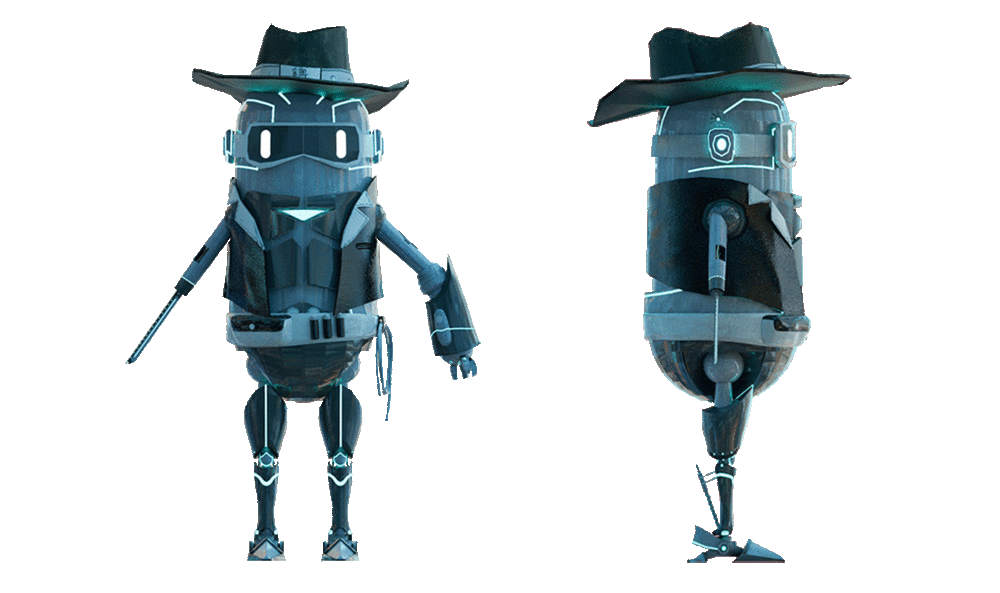
What kinds of projects and collaborations can students expect to engage with on the course?
There are many different projects that will push your creativity, exploration and team-building skills. One example is our Year 2 collaboration project with BA (Hons) Games Design, where we’ll collaborate, design and develop a game from concept all the way through to form and function.
Another project will involve 3D character development and game engine implementation.
All of the projects on this course have been developed to try and enhance your collaborative skills, helping you to learn more about the fundamentals of art while researching that ‘below-surface-level’ knowledge to help maximise your outcomes.
How might BA (Hons) Games Art students be able to gain experience of working with industry?
Collaboration is highly important in the screen industries, and by taking part in so many collaborative projects on the course, you’ll be able to continually develop the skills needed to work with others.
You’ll also have opportunities to take part in online competitions and networking events that will help you to network and build your contacts. It’s all about putting you and your work out there for the world to see.
Additionally, in Year 2, you can apply for LCC's Diploma in Professional Studies, where you can choose to spend a year in industry - gaining valuable knowledge while also making key connections.
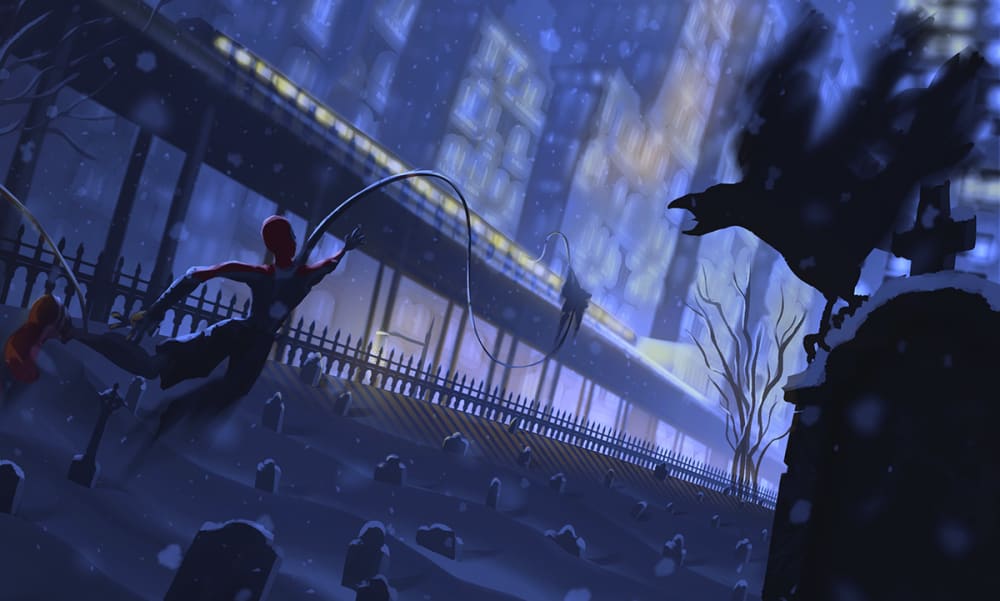
Access to cutting-edge technology, software and facilities are all key highlights of studying at LCC. What kinds of related things can students expect to work with on the course?
From technical kit to innovative programmes, the creative industries are ever-expanding, and we try to expand with them by making sure that our students get the best possible facilities we can offer.
You’ll have the chance to enter a workspace with industry-standard hardware and software at your fingertips, using equipment like our mo-cap (motion capture) suit, green screen area, Cintiqs and VR headsets, to name a few.
What kinds of careers might BA (Hons) Games Art prepare students for?
Some potential career paths include roles such as concept artist, 3D modeller, level builder, level designer and game animator, amongst many more.
However, the knowledge that you’ll obtain from a BA (Hons) Games Art degree will be really versatile, and the skills you’ll develop are very transferable within other industries such TV, music, advertising and even science. It’s all about bending your knowledge of creativity and software to whatever outcome you choose.
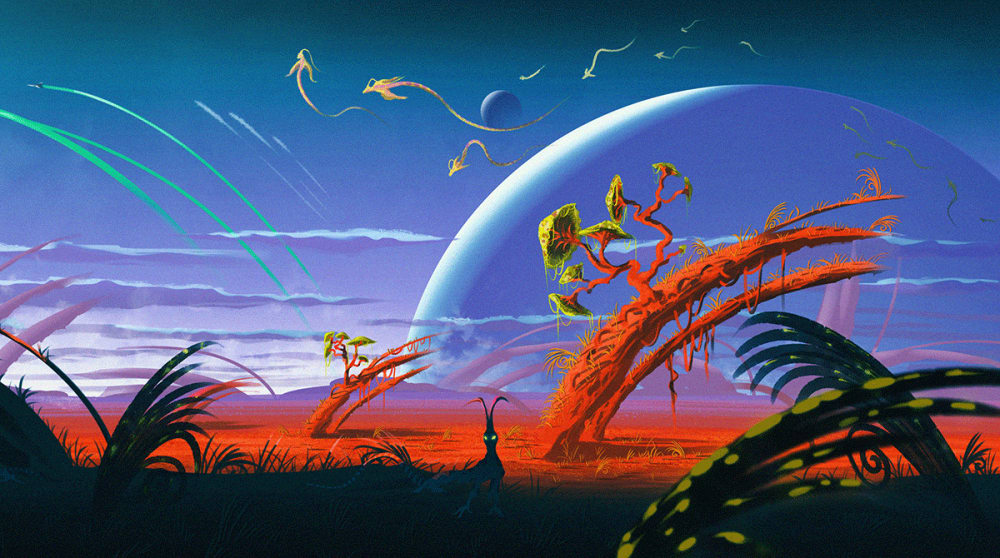
What top tips would you give for prospective students who are interested in exploring the world of games art?
- Don’t be afraid to fail. That just means you’re learning and trying something new, which is something we all need to try.
- The games industry moves quickly and regularly produces new software – try to learn and keep up-to-date with as much as you can. Exploration is really key to staying present and current within the field.
- Complement your passion for games art with interests in other areas as your individuality will be the key feature of your work.
- Never throw away or delete any of your work as you never know when you might use it later in other projects.
- Staying hungry for creativity will help you to improve and build valuable habits for the future.
- Keep practicing the fundamentals and principles of art - no matter what you’re designing or creating, this will strengthen your core understanding of both your practice and your field.
Related links:
- Find out more about BA (Hons) Games Art at London College of Communication.
- Learn more about our Screen School.
- Experience life at LCC through our interactive Virtual Open Day.
